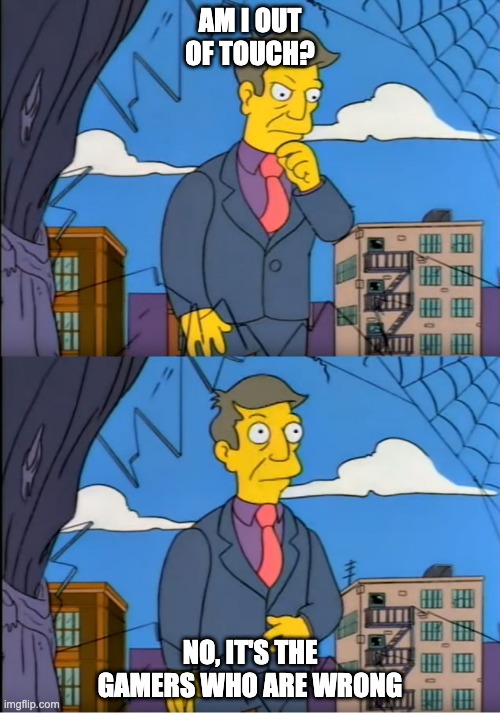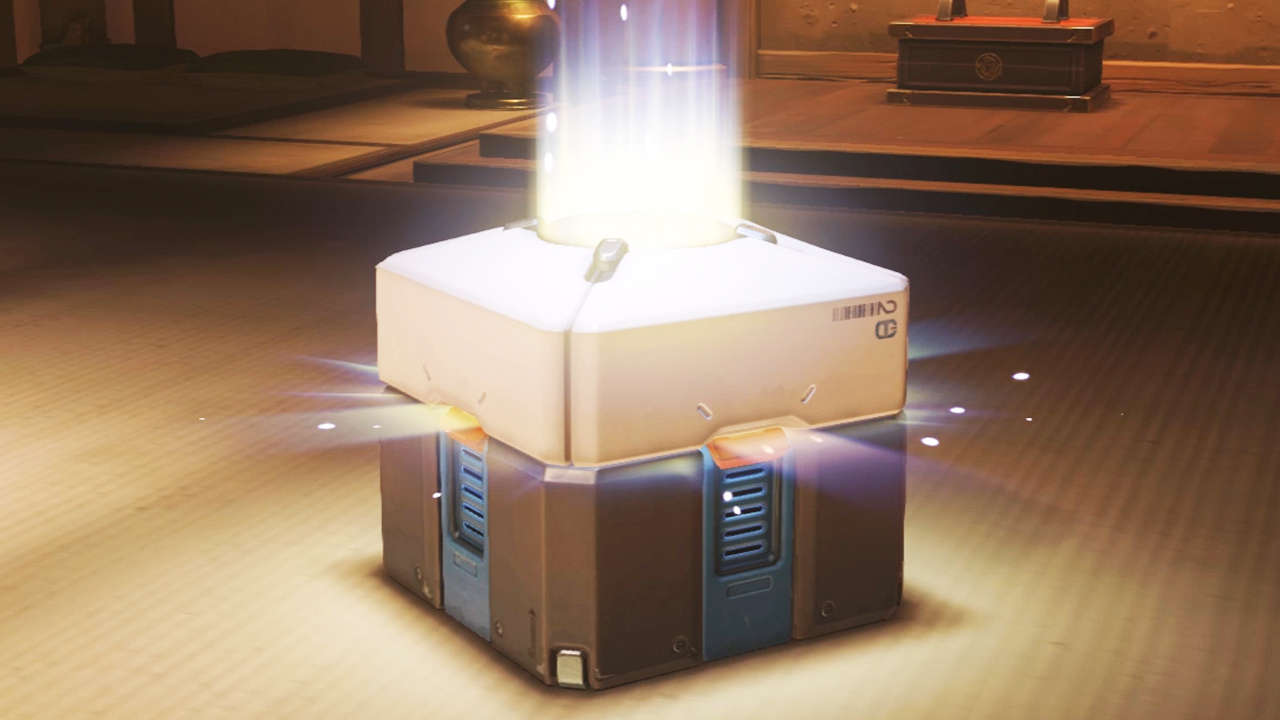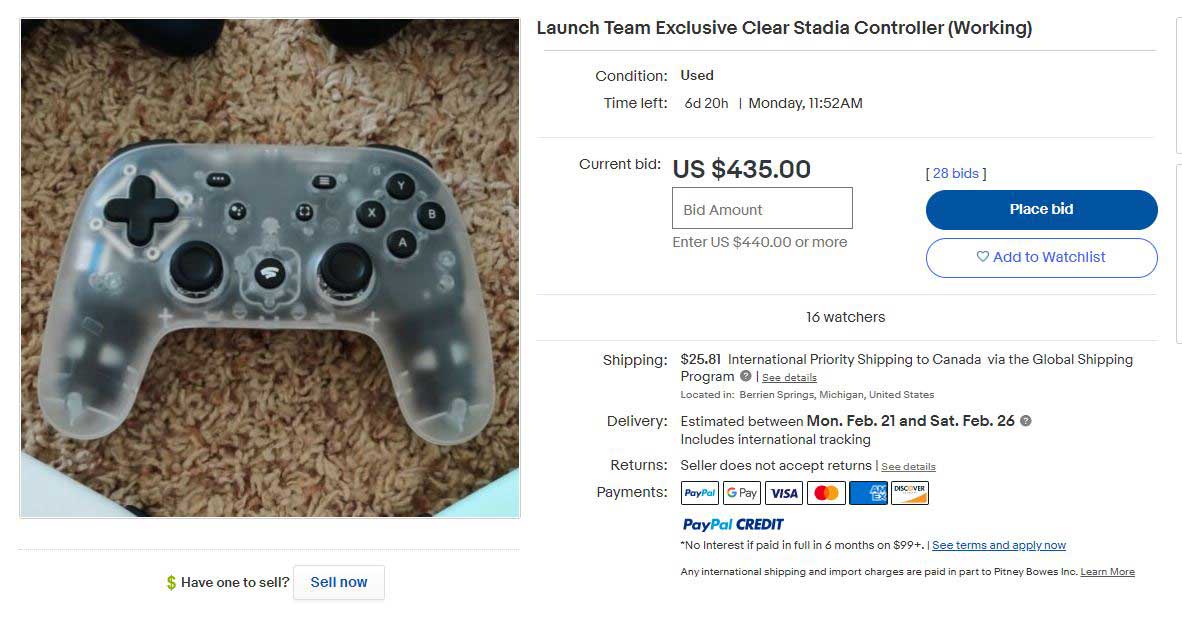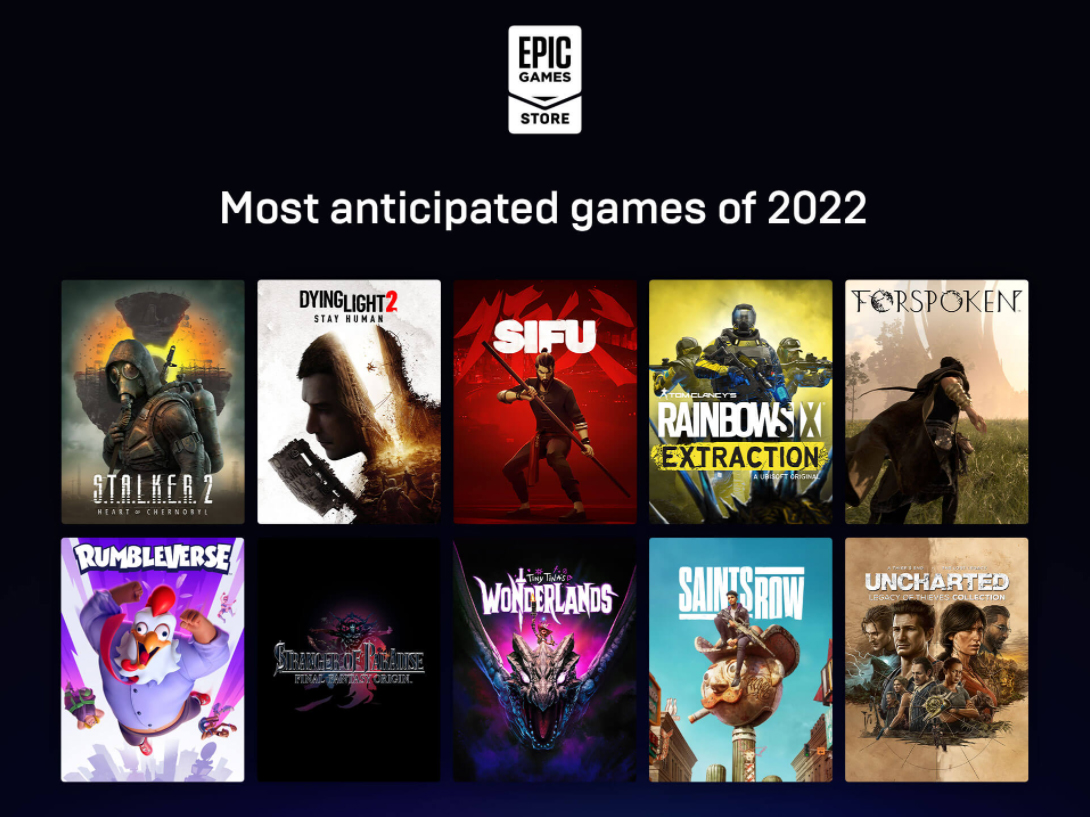Earlier this week, Ubisoft made headlines for defending its decision to enter the controversial NFT (non-fungible token) market.
Through its ‘Ubisoft Quartz’ platform, gamers can purchase artificially scarce digital items that can be used in Ghost Recon: Breakpoint. At the time of the announcement, Ubisoft claimed that Quartz “aims at offering you more autonomy and agency when interacting with a new kind of in-game item.”
The response, however, was overwhelmingly negative, and Ubisoft quickly unlisted the video. Many people, including actual Ubisoft developers, responded by saying that this is categorically not something they want in their games.
Now, though, the company is claiming that consumers are to blame.
Speaking to the Australian publication Finder, Nicolas Pouard, vice president at Ubisoft’s Strategic Innovations Lab, made this truly baffling comment when asked about the blowback the company faced.
I think gamers don’t get what a digital secondary market can bring to them. For now, because of the current situation and context of NFTs, gamers really believe it’s first destroying the planet, and second just a tool for speculation. But what we [at Ubisoft] are seeing first is the end game. The end game is about giving players the opportunity to resell their items once they’re finished with them or they’re finished playing the game itself.
So, it’s really, for them. It’s really beneficial. But they don’t get it for now.
Here’s an idea, Pouard: maybe it’s just because gamers are, justifiably, wary of another dubious, trendy monetization scheme?
The funny thing about the VP’s comments is that he fails to explain at any point in the interview what we’re apparently not getting. He claims they’re “beneficial” for the player without really elaborating. In so doing, he’s proven to be another in a sadly growing list of gaming corporations that keeps touting NFTs as the “future” without providing any real reason for why players should agree.
As it stands, many people are at least somewhat aware of the negative aspects of NFTs. They’re exceptionally bad for the environment, are often based on other people’s stolen artwork and aren’t properly regulated by government bodies. What’s more, you don’t actually “own” what you’re purchasing. As has been explained many times, you’re simply acquiring a certificate claiming you as the owner of the given digital file; there’s absolutely nothing to stop someone from saving it for their own use. Look no further than Twitter users amusingly screenshotting others’ hexagonal NFT profile pictures.

Admittedly, in many cases, gamers are indeed at fault, but not here.
These are all common, well-founded criticisms against NFTs in general, but it gets even messier in the gaming space. When Ubisoft first launched Quartz, its site also came with the requisitive legal section to cover itself. However, a quick perusal of the fine print shows that Ubisoft doesn’t even seem to really know what it’s doing with NFTs.
As Kotaku notes:
What it didn’t show, of course, is that Ubisoft has no idea what its doing, and Quartz’s fine print says as much. It reveals that because so much of the work is being handed off to the blockchain, Ubisoft has no power to “reverse or cancel transactions,” has “no liability” for claims or damages, is aware that the blockchain “may be subject to specific weaknesses, which make them possibly targets for specific cybersecurity threats,” and has “no liability in the risks implied by the use of this new technology.”
The first gaming giant to get into NFTs, and it’s that clueless? That certainly doesn’t instill confidence, especially while we’ve seen Konami, Sega, EA, Square Enix and even popular actor Troy Baker all support the business practice. Square Enix, in particular, feels painfully tone-deaf; one of the company’s biggest and most iconic games, Final Fantasy VII, is literally about a band of ecoterrorists fighting to topple a megacorporation that’s killing the planet to create energy. Meanwhile, Baker himself acknowledged he knew very little about NFTs, despite publicly partnering with a company that directly deals in them.
And that’s the thing — most of these people or companies don’t care. It should go without saying, but they’re just in it for the money. Ubisoft will just claim NFTs are “beneficial” for players through vague platitudes like “giving players the opportunity to resell their items.” All the while, it’s mostly quiet about the fact that yet-to-be-determined cuts will be taken from these sales from the secondary market platform and even Ubisoft. That’s the real “endgame” that Pouard speaks of — players will sell these in perpetuity, and Ubisoft will profit without having to do a thing. Meanwhile, there’s no guarantee that this market will be operated fairly, or if Ubisoft will indeed even continuously use the “more advanced, energy-efficient [NFT] alternatives” it’s promising for Quartz.
What’s more, have publishers really earned the benefit of the doubt that this will actually benefit players? Consider some of what they’ve done before.
In the PS3/Xbox 360 era, they tried to push “online passes” on people to recoup costs from third-party sales. The Xbox One was also originally set to be “always online” to limit used game sales. Companies like EA have been so aggressive and predatory with microtransactions like lootboxes that entire countries, such as Belgium, have stepped in to attempt to regulate them. We’ve also seen EA market FIFA microtransactions to kids — especially concerning since they’re not unlike gambling. (And lootboxes are still problematic.) Ubisoft made Assassin’s Creed Odyssey more grindy to encourage you to buy an XP boost to level up faster. And in a particularly sinister move, Warner Bros. had Harry Potter mobile game players forced to watch children literally get strangled for a set period of time unless they paid to skip ahead.

It took years for lootboxes to start being regulated. (Image credit: Blizzard)
The point is, gaming companies have a well-documented history of chasing trends and exploring unsavoury business practices that don’t at all benefit players. Having seen what they’ve done, time and time again, it’s completely understandable to be skeptical. The onus isn’t on gamers to just “get” it — you have to win us over.
And so far, they’re not doing that — with players or developers. Indeed, game makers, by and large, have also not expressed much enthusiasm for NFTs. In a recent Game Developers Conference (GDC) survey polling 2,700 developers, 70 percent of respondents said their studios are “not interested” in NFTs. Meanwhile, 21 percent said “somewhat interested” and seven percent said “very interested,” while only one percent noted they’re already developing NFTs in their games.
Per GDC,
“When asked how they felt about the possibility of cryptocurrency or NFTs in games, a few [developers] called it the future of gaming. However, a vast majority of respondents spoke out against both practices – noting their potential for scams, overall monetization concerns, and the environmental impact.”
The monetization concerns are especially notable. On January 8th, Linkin Park’s Mike Shinoda got justifiably ratio’d when he started suggesting questionable use cases for how NFTs would work in games. According to Shinoda, gamers should imagine being able to take a skin from a game like Valorant and carry it over to Call of Duty, Minecraft or even social media platforms like Twitter.
In response, countless developers pointed out how this was out of touch and illogical. As indie developer Rami Ismail noted in a reply, the games Shinoda mentioned are from different companies. As such, why would Valorant owner Riot Games sell you a skin that would work in Activision’s Call of Duty, Microsoft’s Minecraft or even non-gaming platforms like Twitter? Beyond the companies having no real incentive to band together to allow this, Ismail said the work to make sure that would even be compatible cross-platform would be difficult, to say the least. Call of Duty developer Chris Pollock even shared a blog post he wrote explaining these hurdles. Meanwhile, Digital Foundry‘s John Linneman questioned which company would even be responsible for ensuring compatibility.
Finally, there’s the whole “play-to-earn” aspect. A recent comment made by Reddit co-founder and noted crypto enthusiast Alexis Ohanian was particularly bleak. “90 percent of people will not play a game unless they are being properly valued for that time,” said Ohanian in a December 23rd, 2021 episode of the Where It Happens podcast. “In five years, you will actually value your time properly, and instead of being harvested for advertisements, or being fleeced for dollars to buy stupid hammers you don’t actually own, you will be playing some on-chain equivalent game that will be just as fun, but you’ll actually earn value and you will be the harvester.”
I dunno about you, but that’s dystopian as hell to me. Unless you’re a streamer, esports athlete or QA tester, the notion that you should be compelled to play a game for some sort of reward is mind-boggling. Aren’t games supposed to be about fun? You can promise rewards like NFTs or crypto or other digital trinkets, but that just loses the plot for me. if I’m not reviewing a game for MobileSyrup, the sole reason I play something is for enjoyment. That’s how it should be. Playing games for fun — what a concept!

As an example of how backwards and nonsensical this “play-to-earn” mentality is, let’s go back, once more, to Ubisoft and NFTs. Essentially, the company is making you play games for x number of hours — in one case, 600 — to even have the glorious privilege of purchasing an NFT. I’m sorry, what? At least microtransactions that reduce grinding make some degree of sense, even if they’re usually frustrating. You can at least see the appeal in spending money to save time. But what Ubisoft is doing with NFTs demands both your time and your money. How, exactly, does that benefit you?
As YouTuber SkillUp notes, only Ubisoft stands to profit — not just from your money, but from increased engagement (i.e. inflated “monthly active user” counts). You played a game for 600-plus hours and spent real cash to get a unique helmet — congratulations! What a sense of pride and accomplishment you must have.
The whole “play-to-earn” argument is absolute nonsense. If a developer is permitted to make a game that is genuinely fun to play, that sense of enjoyment, in itself, is what you earn. Hell, games already offer various mechanics or metagames if you like to be rewarded for playing more — PSN Trophies, Xbox Live Achievements and Steam Achievements being the prime example of this. The difference, however, is that these are purely optional, free and harmless methods of “earning” something.
The best example of a game being inherently rewarding to play is Final Fantasy XIV. I’ve been slowly going through it since last year (I’ve finally gotten to Shadowbringers!) and I’m finally seeing why everyone hypes up the game. It truly is amazing. And a key reason for that is payoff. Over the course of hundreds of hours of content, FFXIV weaves an incredible, emotional yarn about an extremely compelling cast of characters who struggle and grow over time. That is the reward — the time you’ve invested in the game — the unforgettable journey you’ve gone on — nets you supremely satisfying narrative moments, as well as new mechanics, dungeons and the like. Regardless of what Square Enix’s CEO may think, no NFT can capture the quality experience that director Naoki Yoshida and his team have actually created.
Ultimately, that’s what gaming is about. I don’t want your NFTs. I don’t care about your NFTs. Monetize a game, if you must, with in-app purchases, but until you can actually give legitimate reasons to want an NFT, keep them out of it. I’m just here to have fun with games, and all these tedious, vague and slimey buzzwords just detract from that.















